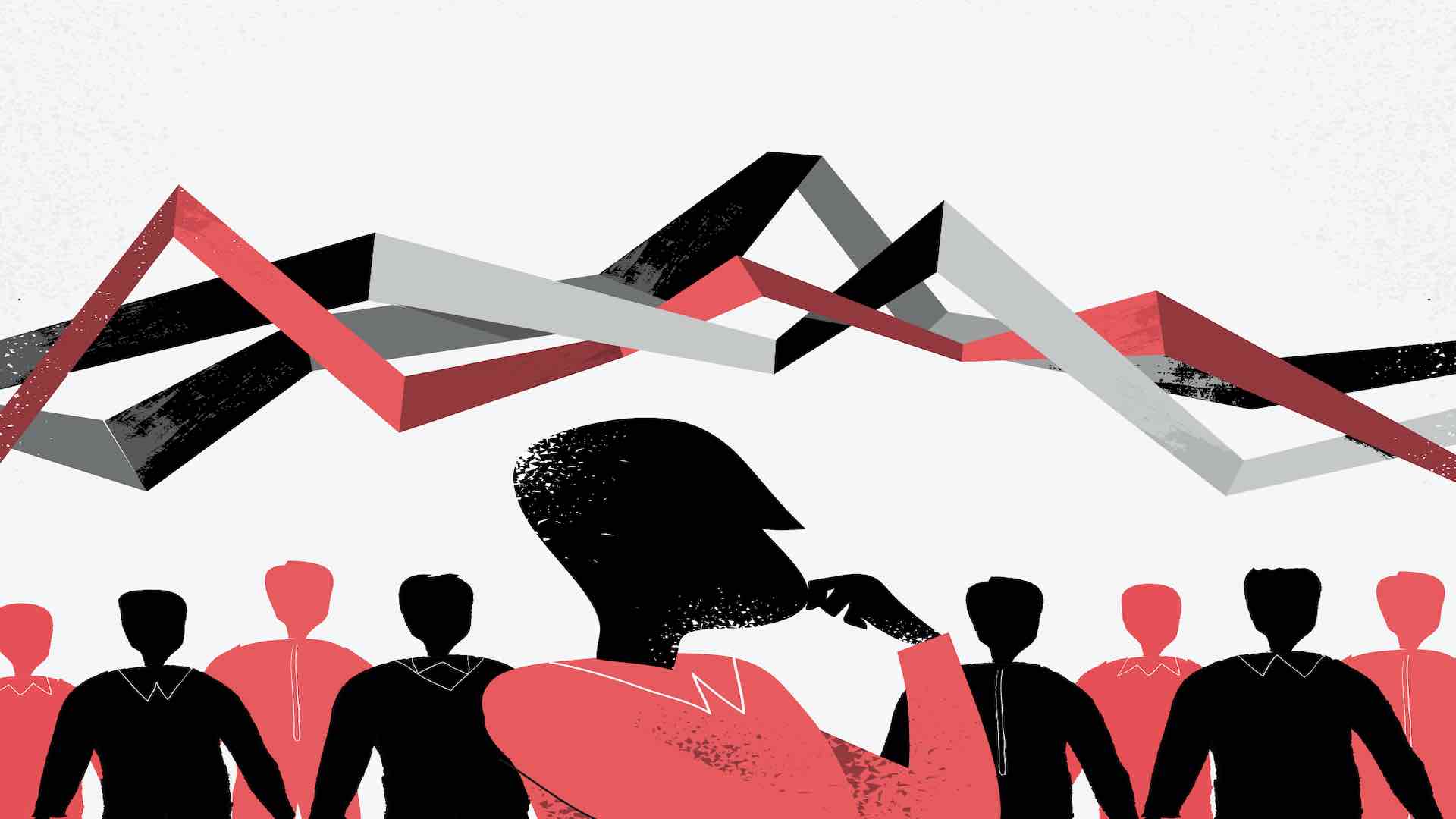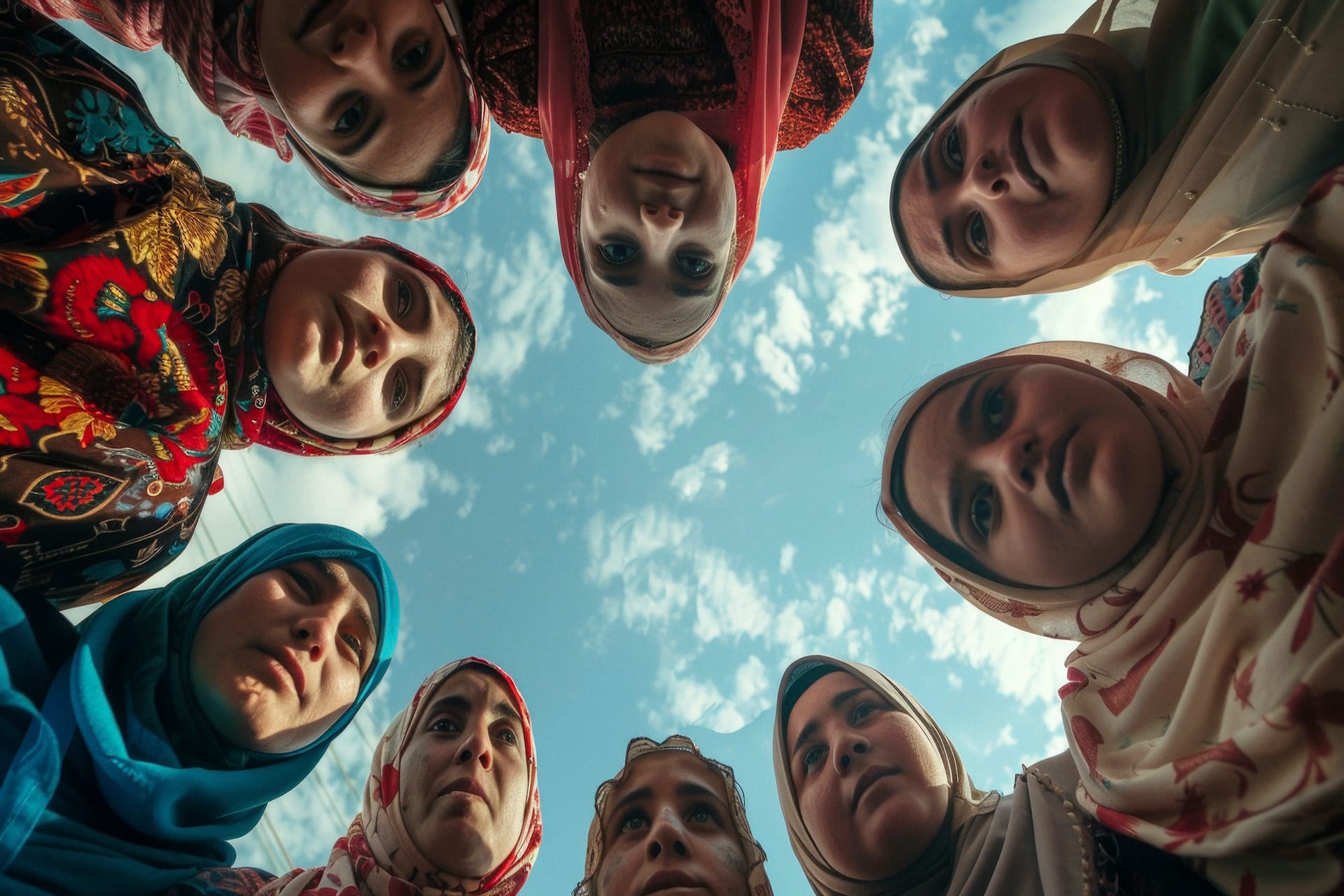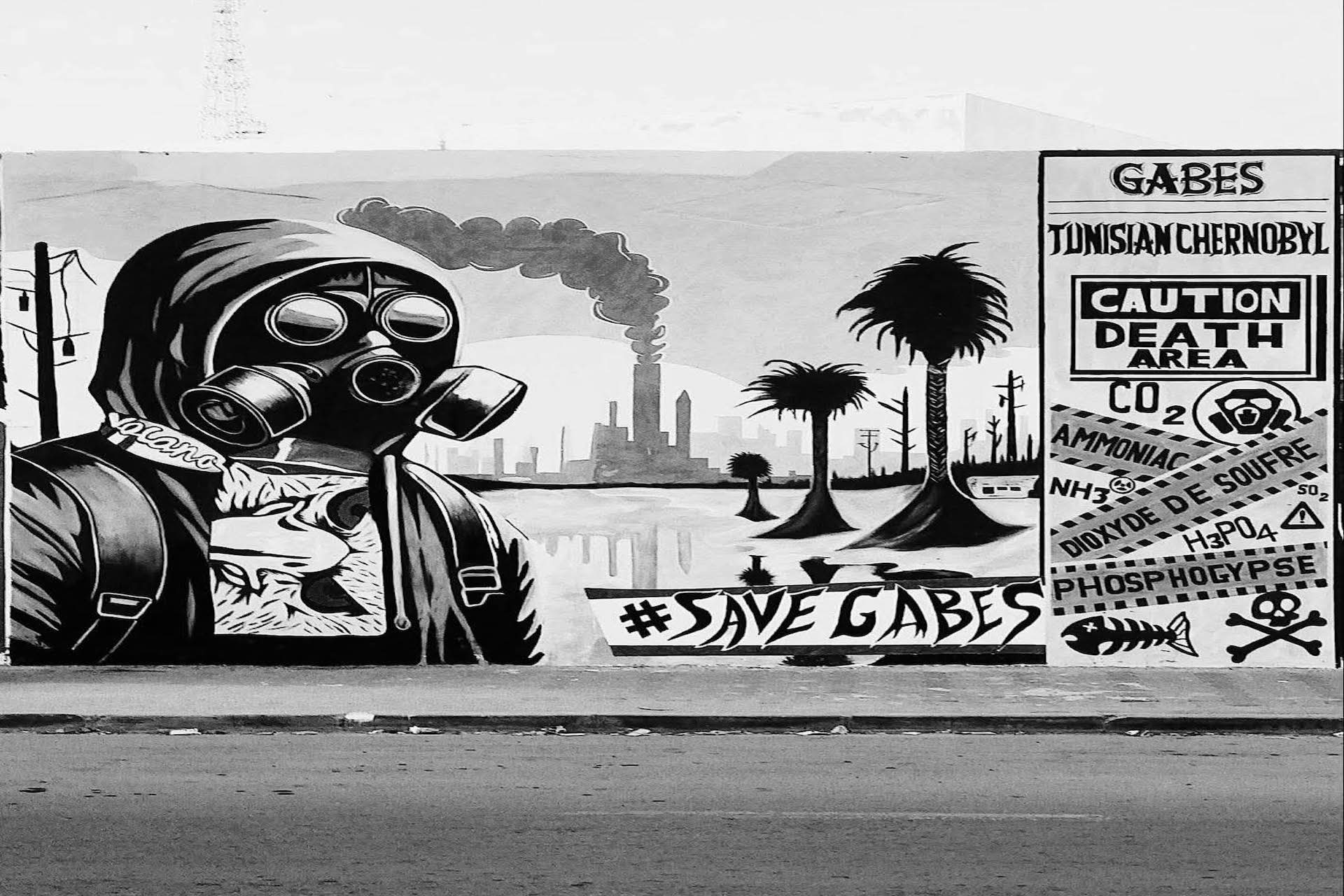TikTok Monetization in Tunisia: Opportunities, Risks, and Legal Insights
TikTok has become a significant platform for Tunisian youth seeking fame and income. This article delves into the monetization mechanisms, associated risks, and the legal landscape surrounding TikTok in Tunisia.
Introduction
TikTok has rapidly grown into one of the most influential social media platforms in Tunisia. Millions of users, particularly youth, engage with the platform daily. While TikTok initially served as an entertainment tool, it has evolved into a potential source of income through live streams, virtual gifts, sponsorships, and advertising.
However, monetization in Tunisia is complex. Unlike creators in Europe or North America, Tunisian influencers face regulatory gaps, currency issues, and reliance on third-party agencies. This article examines how TikTok monetization functions in Tunisia, the role of agencies, tax obligations, risks, and strategies to navigate this emerging digital economy.
1. How TikTok Monetization Works in Tunisia
TikTok creators can earn through several mechanisms:
- Virtual Gifts and Coins
Viewers purchase TikTok coins with real money and send them as gifts during live streams. Creators receive a percentage of the gift’s value, converted into real currency. While this provides income, conversion rates and platform fees can limit earnings. - Sponsorships and Brand Partnerships
Tunisian influencers increasingly collaborate with local and international brands to promote products. This includes product placement in videos, sponsored live streams, and paid campaigns. - TikTok Ads and Affiliate Programs
Some creators use TikTok Ads or affiliate links to earn revenue. However, direct access to TikTok’s Creator Fund is limited in Tunisia, which forces creators to find alternative methods for monetization.
2. The Role and Risks of TikTok Agencies
Agencies act as intermediaries, helping creators access monetization features and manage audience engagement. They offer services such as content strategy, live stream optimization, and support for international payments.
While agencies can be beneficial, creators must exercise caution:
- High Commissions: Some agencies claim up to 50% of creators’ earnings.
- Lack of Transparency: Many operate without formal contracts, leaving creators vulnerable.
- Legal Gray Areas: Agency practices may not comply with Tunisian laws.
For a deeper look into the risks associated with agencies, see our previous article on TikTok agencies in Tunisia.
3. Tax Implications for Tunisian Creators
Monetization raises important tax considerations:
- Taxable Income: Any revenue from gifts, sponsorships, or advertising is subject to taxation under Tunisian law.
- Income Declaration: Creators are required to report earnings to the tax authority; failure to comply can result in fines.
- Currency Conversion: Many payments are made in foreign currencies, requiring creators to use informal channels for conversion, which carries risks.
For guidance, read our detailed article on TikTok tax advice in Tunisia.
4. Common Risks in TikTok Monetization
While monetization provides opportunities, it also brings potential hazards:
- Scams and Fraud: Fake giveaways, phishing, and fraudulent payment requests are prevalent.
- Exploitation of Minors: Underage creators may be pressured to stream for income, raising ethical and legal issues.
- Money Laundering: The movement of virtual coins can be misused for illegal financial activities.
- Regulatory Gaps: Tunisia lacks clear rules on online income and influencer oversight, leaving creators exposed.
5. Social and Cultural Implications
Monetization affects Tunisian youth beyond income:
- Changing Aspirations: Social media fame is increasingly seen as a shortcut to wealth, sometimes undermining education or traditional career paths.
- Family Pressure: Parents may encourage children to monetize TikTok, normalizing early exposure to digital labor.
- Normalization of Manipulation: Users are exposed to emotional appeals for donations, which can alter perceptions of acceptable behavior online.
6. Strategies to Monetize Safely
Creators can reduce risks by following best practices:
- Research Agencies Carefully: Only work with reputable agencies and formal contracts.
- Financial Planning: Track all earnings and declare income to Tunisian tax authorities.
- Avoid Emotional Traps: Do not exploit viewers or minors for financial gain.
- Protect Personal Data: Safeguard sensitive information, including bank accounts and identification.
7. Regulatory Outlook
Tunisia currently lacks specific digital platform laws for online monetization. Comparing with the EU and North America:
- Transparency Requirements: International platforms enforce disclosure of sponsorships and earnings.
- Age Protections: There are stricter rules on underage content creation.
- Platform Accountability: Regulations mandate that platforms prevent fraud and financial abuse.
As TikTok continues to grow in Tunisia, similar legal protections are increasingly necessary to safeguard creators and viewers.
8. Conclusion
TikTok monetization in Tunisia is a double-edged sword. It offers income opportunities and social visibility but carries financial, legal, and ethical risks. Creators must navigate agency relationships carefully, understand tax obligations, and be aware of scams and regulatory gaps. By staying informed and cautious, Tunisian influencers can responsibly leverage the potential of TikTok, while protecting themselves and their audiences.
Internal resources, such as our TikTok agencies and tax advice articles, provide additional guidance for creators navigating this emerging digital economy.













